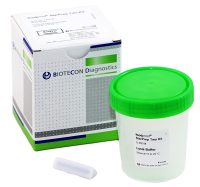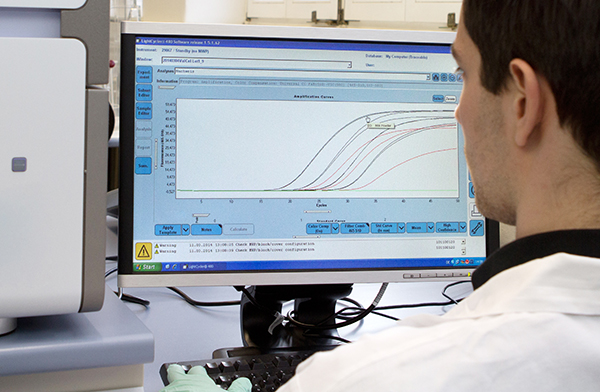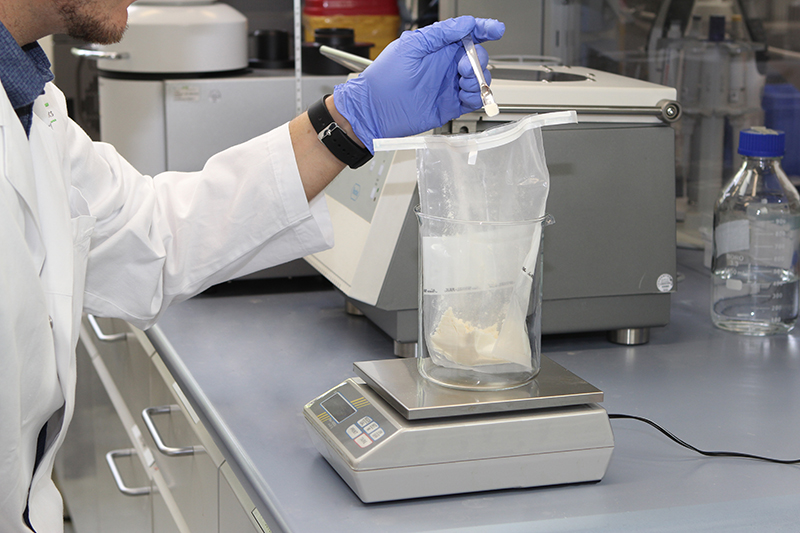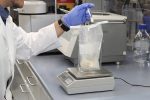Detecting yeast and mold is one of the most time consuming parts of the testing process for dairy products. With more pressure to move products that have a short shelf life out the door as quickly as possible, time really is money. Having a rapid, real-time test that enables companies to make immediate production decisions can provide a significant advantage. “[This technology] brings test time within the same timeframe as other microbiology tests, so a test for yeast and mold is no longer the outlier. That’s a huge savings right there,” says Phil Coombs, product specialist at Weber Scientific.

Coombs is referring to Weber Scientific’s recently released PCR Yeast and Mold Quantitative Test, which has been validated for finished dairy products. The company was asked by Germany-based Biotecon Diagnostics, the creator of the newly developed PCR method, to be its partner in introducing the test to the U.S. market. The technology reduces testing time for yeasts and molds from five days to four hours or less—from sample prep to the time-to-result, with no pre-enrichment required. “We make a big deal out of this, because sometimes [companies] with a pathogen test will say they have a four-hour test but it’s not truly, from start-to-finish, a four-hour test—you have to do some form of pre-enrichment, and so it’s a 24–48 hour test,” says Coombs. “When looking at fermented milk product like yogurt, it might have a shelf life of about 50 days. There’s much more time for the yeast and mold (because they’re typically slower growing organisms) to get busy and spoil the product. Yeast and mold can tolerate the lower pH, so that’s been the biggest sector of interest so far.”
One of the features of the technology is its ability to protect against false-negative results from non-viable DNA and false-positives from previous PCR test runs, which greatly reduces the chances of cross-contamination as well.

Achieving a shorter time-to-result means that if a company uncovers an issue, it can take immediate remedial action rather than waiting several days. This can have a big economic impact on production and warehousing, along with releasing product into commerce and distribution, especially when dealing with products that require refrigeration. In addition, the PCR test goes beyond detecting microbes that will spoil fermented milk products and offers advantages in the broader context of reducing food waste and spoilage. “It will be attractive to many companies that are developing a broad range of sustainability measures,” says Fred Weber, president of Weber Scientific. “And to cut down on food waste at the consumer level is a big deal.”
The company expects AOAC approval next year.



